Trump’s election victory and its impact on legal battles
- Update Time : Thursday, November 7, 2024
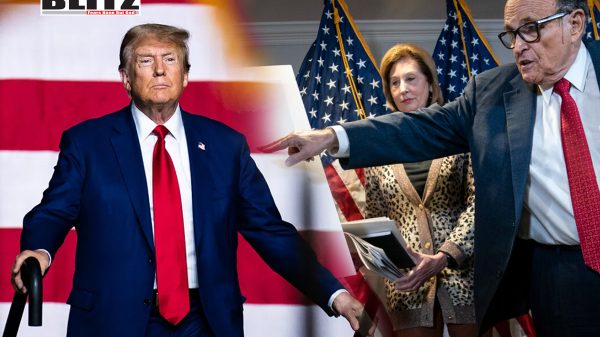
Donald Trump’s path to the White House in the upcoming election represents not only a significant political comeback but also a dramatic shift in his ongoing legal battles. The 78-year-old former president’s victory over Vice President Kamala Harris could, in essence, offer him a reprieve from the mounting criminal charges and legal bills that have overshadowed much of his post-presidency. For Trump, the presidency could be his ticket to halting or delaying multiple cases that threaten to tarnish his legacy and personal fortunes.
Trump currently faces serious federal charges brought by Special Counsel Jack Smith, who was appointed by President Joe Biden’s Attorney General, Merrick Garland. The two major federal cases against Trump are for conspiring to overturn the results of the 2020 presidential election and for mishandling classified documents after leaving office.
The election interference case has been complicated by the US Supreme Court’s recent ruling in July, which granted former presidents broad immunity from criminal prosecution. Trump’s efforts to overturn the 2020 results, which culminated in the violent January 6th insurrection at the US Capitol, are central to this case. He faces charges of conspiracy to defraud the United States and obstruct an official proceeding – the certification of Joe Biden’s victory by Congress. His actions, including false claims of voter fraud and seeking to disenfranchise voters, are at the heart of the allegations.
However, this federal case is currently on hold, and with no trial date set, Trump’s legal team may capitalize on his new position in the White House to slow or even eliminate these proceedings. As president, Trump could order the Justice Department to drop the charges altogether. While a sitting president does not have the direct power to dismiss a special counsel, Trump has pledged to fire Jack Smith “within two seconds” of taking office. His ability to appoint a new attorney general who could do so, or to order a reevaluation of the cases, places him in a prime position to impact the direction of these legal challenges.
Another federal case involving Trump centers around his alleged mishandling of classified documents. After leaving office, Trump took boxes of sensitive materials with him, some of which were later found to contain highly classified information. The federal case against him for unlawful retention of government documents was initially dismissed by a judge in Florida, a Trump appointee, on grounds that Smith’s appointment was unlawful. While Smith has appealed the ruling, the dismissal has complicated the prosecution of this case. However, with Trump’s re-election, it seems increasingly likely that federal prosecutors will face an uphill battle in bringing this case to trial.
In addition to the federal charges, Trump also faces significant legal troubles at the state level, particularly in New York and Georgia.
In New York, Trump was convicted earlier this year on 34 counts of falsifying business records. These charges stem from an alleged attempt to cover up a hush money payment made to adult film star Stormy Daniels during the 2016 presidential campaign. Daniels claims to have had a sexual encounter with Trump in 2006, and the payment was allegedly made to prevent her from publicly revealing the affair. Trump was scheduled to be sentenced in July for these offenses, with the possibility of a prison sentence, but his legal team has filed motions to have the conviction overturned, citing the Supreme Court ruling on presidential immunity.
The motion to dismiss the conviction is set to be ruled on in November, and the sentencing is scheduled for November 26. While Trump could face up to four years in prison for each count, legal experts suggest that his status as a first-time offender makes it more likely that he would receive a sentence of probation or a fine. This scenario would be far less damaging to Trump than a lengthy prison sentence. The possibility of a deferred sentence or alternative punishments, like house arrest or community service, also remains on the table.
In Georgia, Trump faces racketeering charges over his alleged efforts to interfere with the 2020 election results in the state. The case stems from a phone call Trump made to Georgia Secretary of State Brad Raffensperger, urging him to “find” enough votes to overturn Biden’s victory. While this case has progressed to the trial stage, it is expected that the legal proceedings will be put on hold if Trump wins the presidency. Under federal policy, sitting presidents are immune from state-level prosecutions during their time in office, which means that Trump’s legal team will likely push for the case to be frozen until he leaves office.
Moreover, the Georgia case has been embroiled in controversy, with accusations of improper conduct by the Fulton County District Attorney, Fani Willis. It was revealed that she had a personal relationship with the man she appointed as a special prosecutor in Trump’s case, raising questions about the fairness and integrity of the prosecution. These revelations could further delay the case or result in its eventual dismissal.
Trump’s election victory would not only allow him to delay or potentially eliminate his legal troubles but also sends a clear message about the intersection of law, politics, and power. For Trump, the presidency offers a rare opportunity to shield himself from the full weight of the law, even as he faces criminal charges. This underscores a larger conversation about accountability in the US political system, particularly when it comes to the office of the president.
While some may view Trump’s potential legal reprieve as a victory for justice, others see it as a flaw in the system that allows a person with such significant legal challenges to remain in power. The notion that a sitting president could effectively nullify criminal proceedings against themselves through the sheer force of political power raises important questions about the balance between law and political authority.
If Trump indeed wins the election, it will set the stage for a significant test of US legal institutions and their ability to hold powerful figures accountable. For Trump, the next four years could be a period of both political dominance and legal uncertainty. His actions, as well as the outcome of these legal battles, will be closely watched both in the US and abroad, as the nation grapples with how to address the complexities of presidential power and accountability in an era of polarized politics.




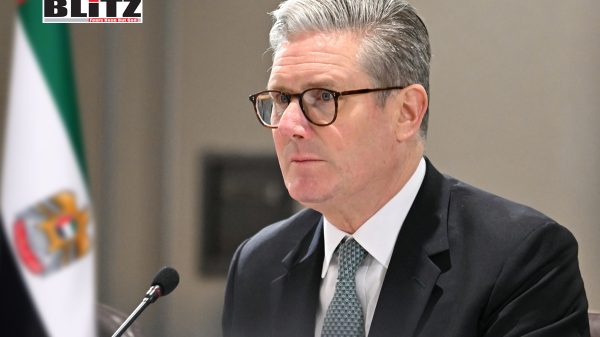





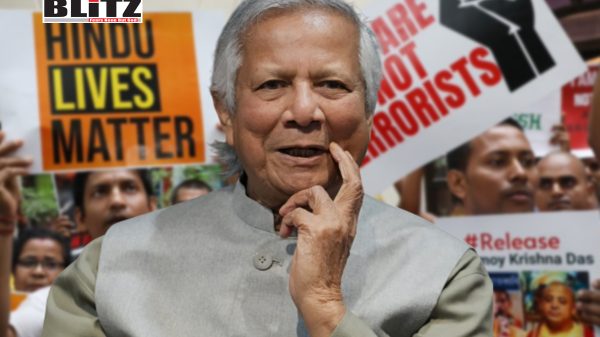
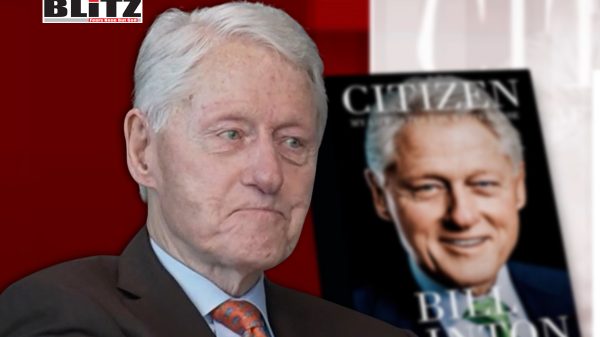
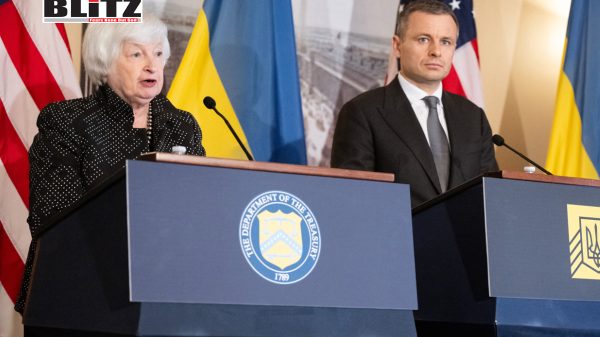
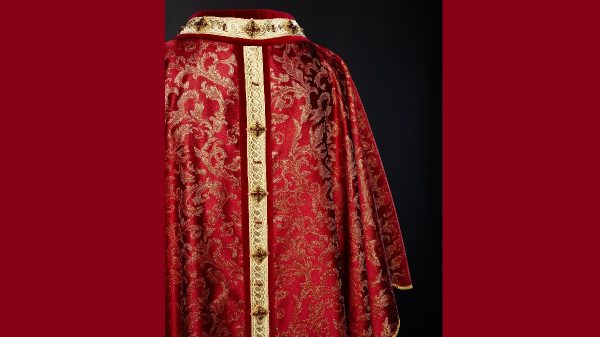

Leave a Reply